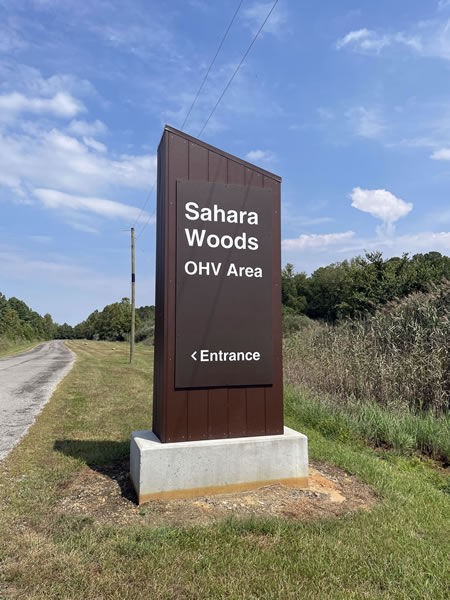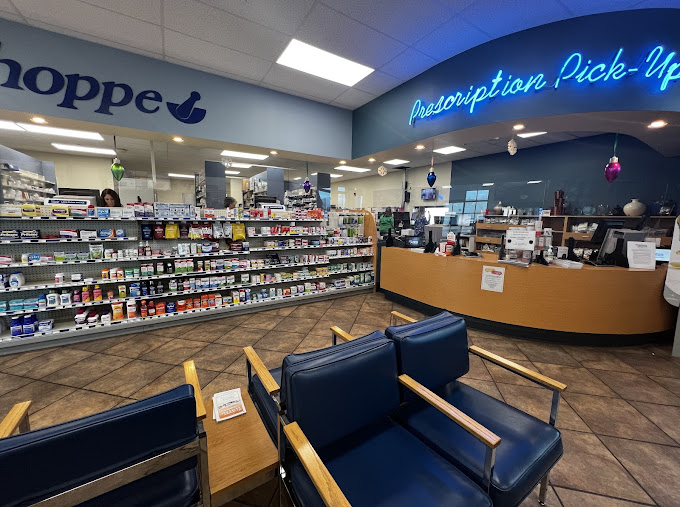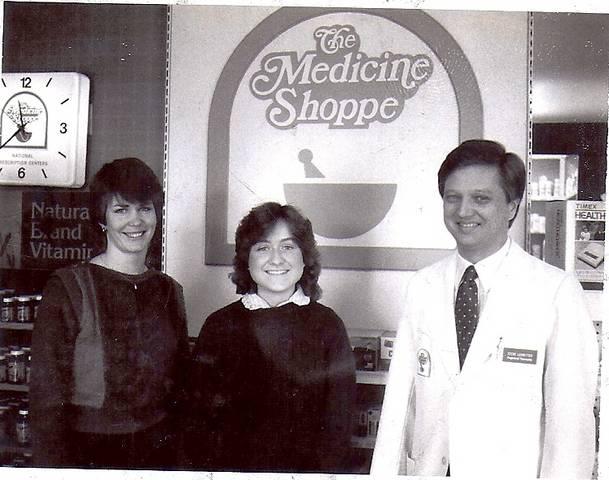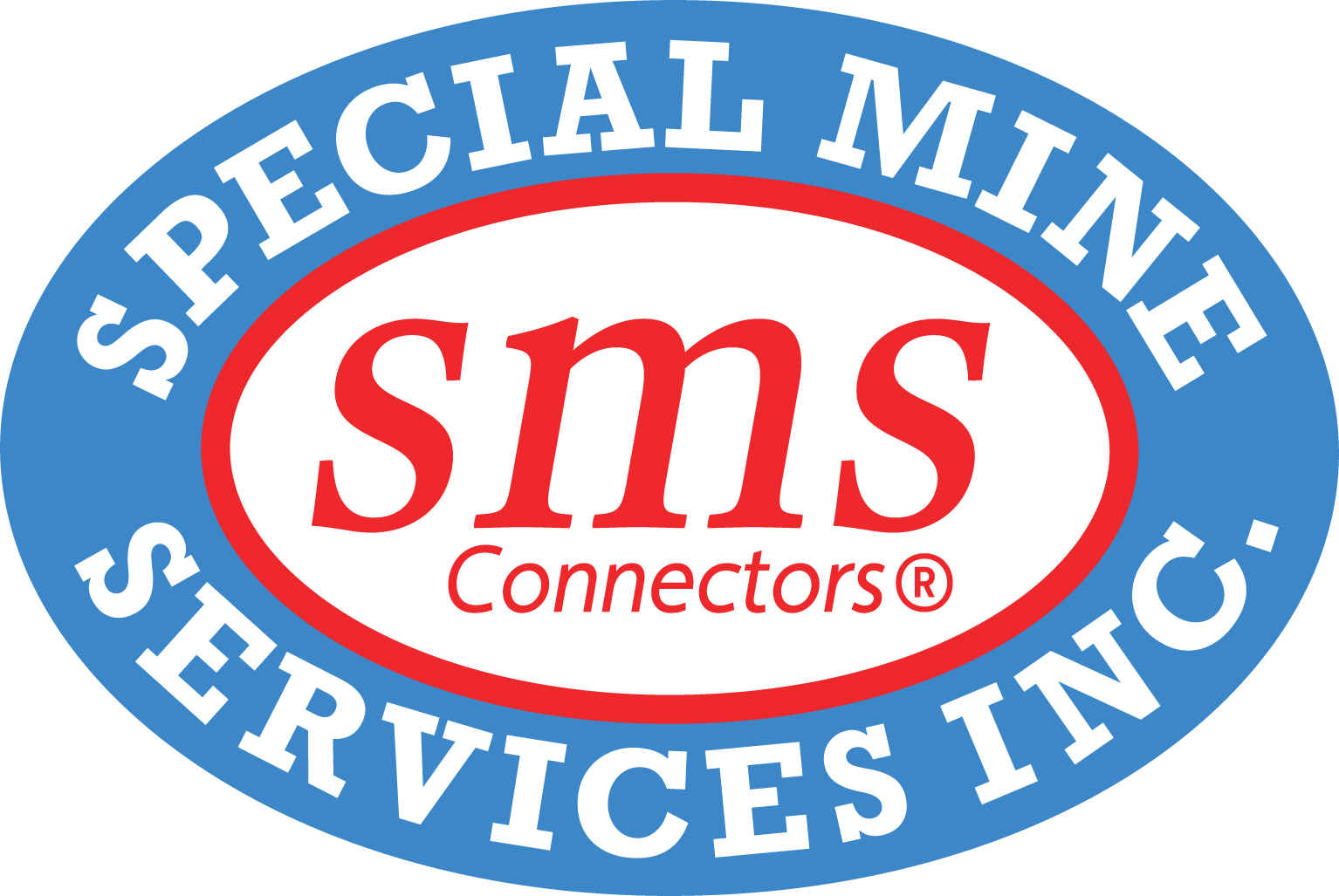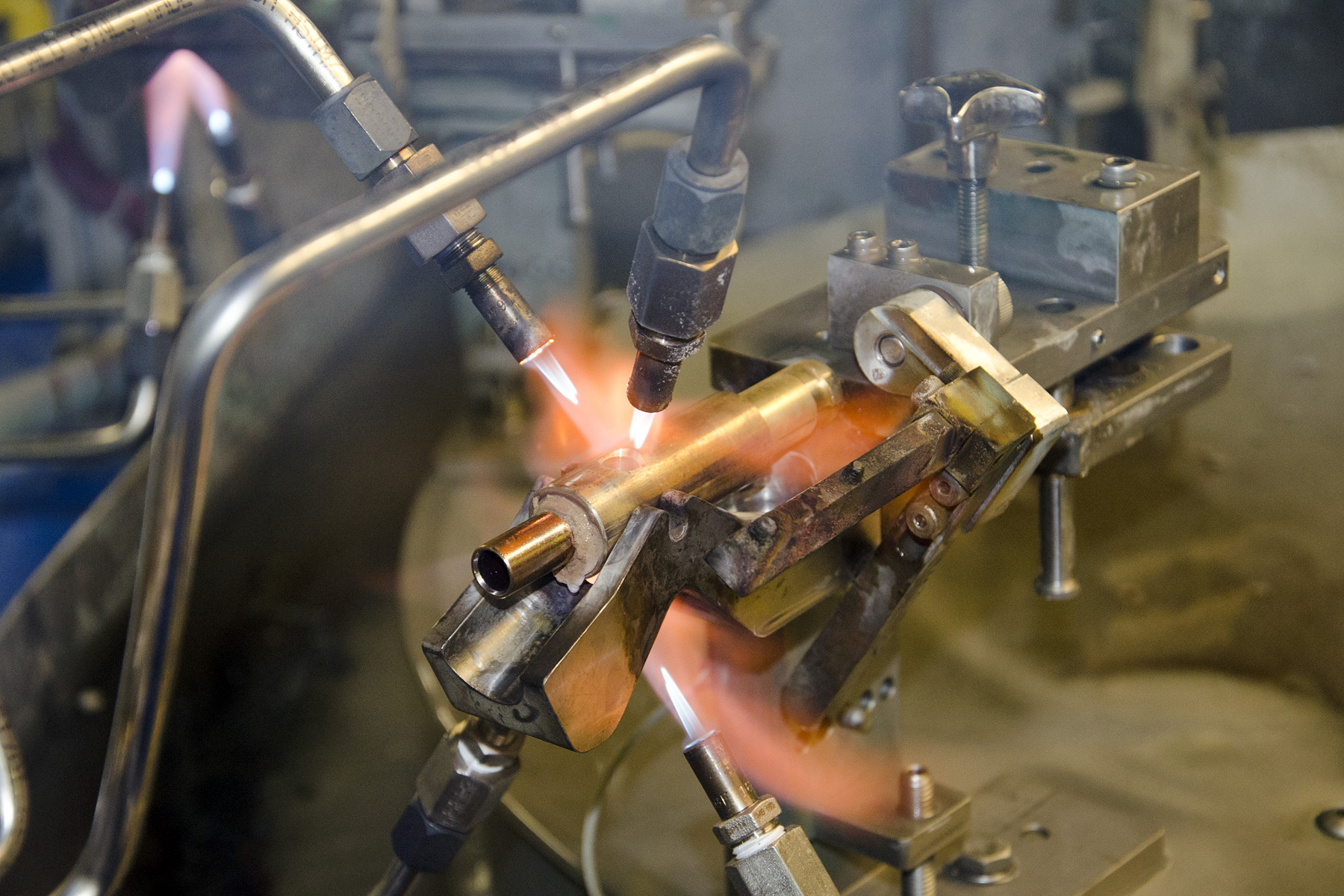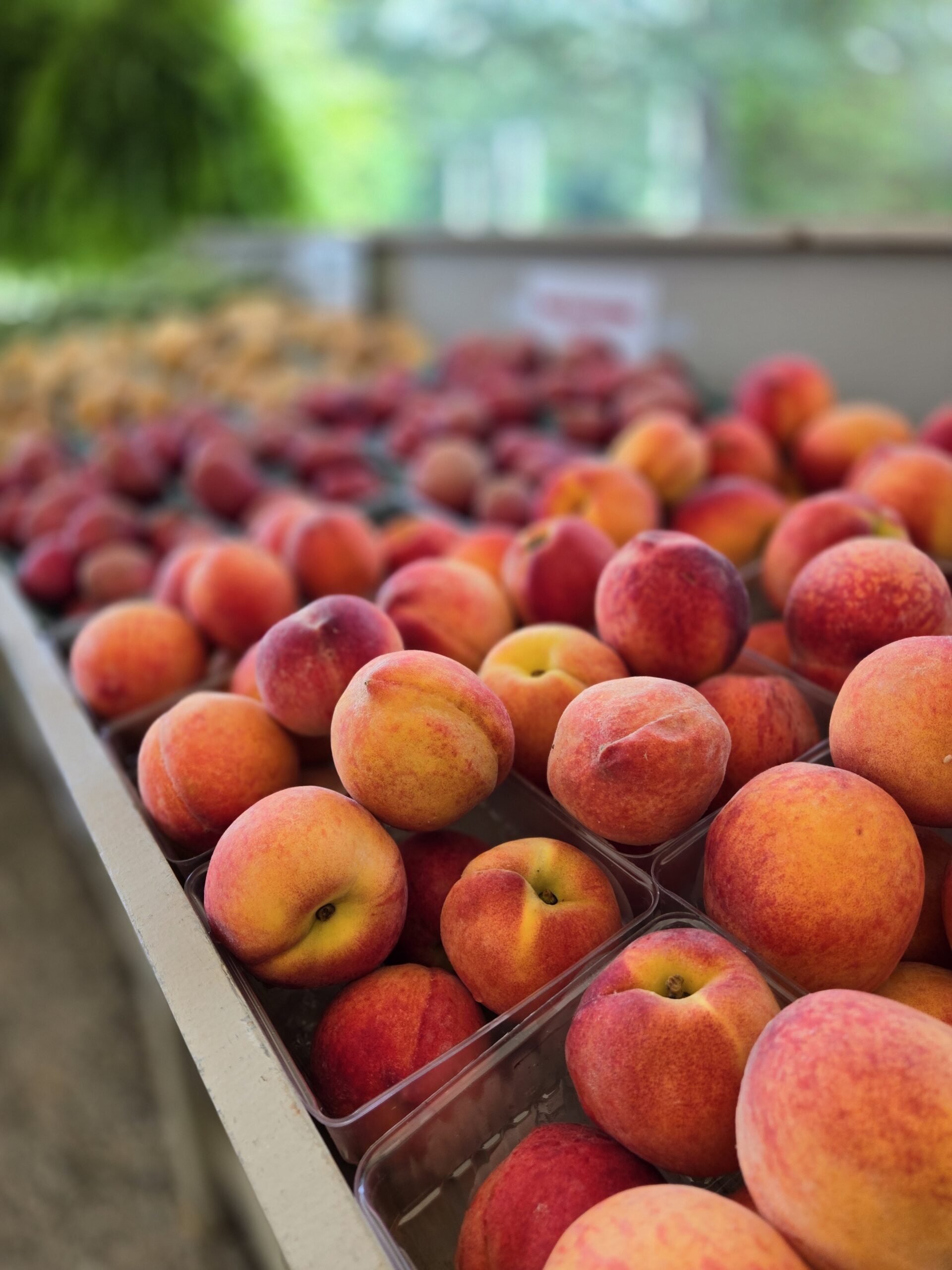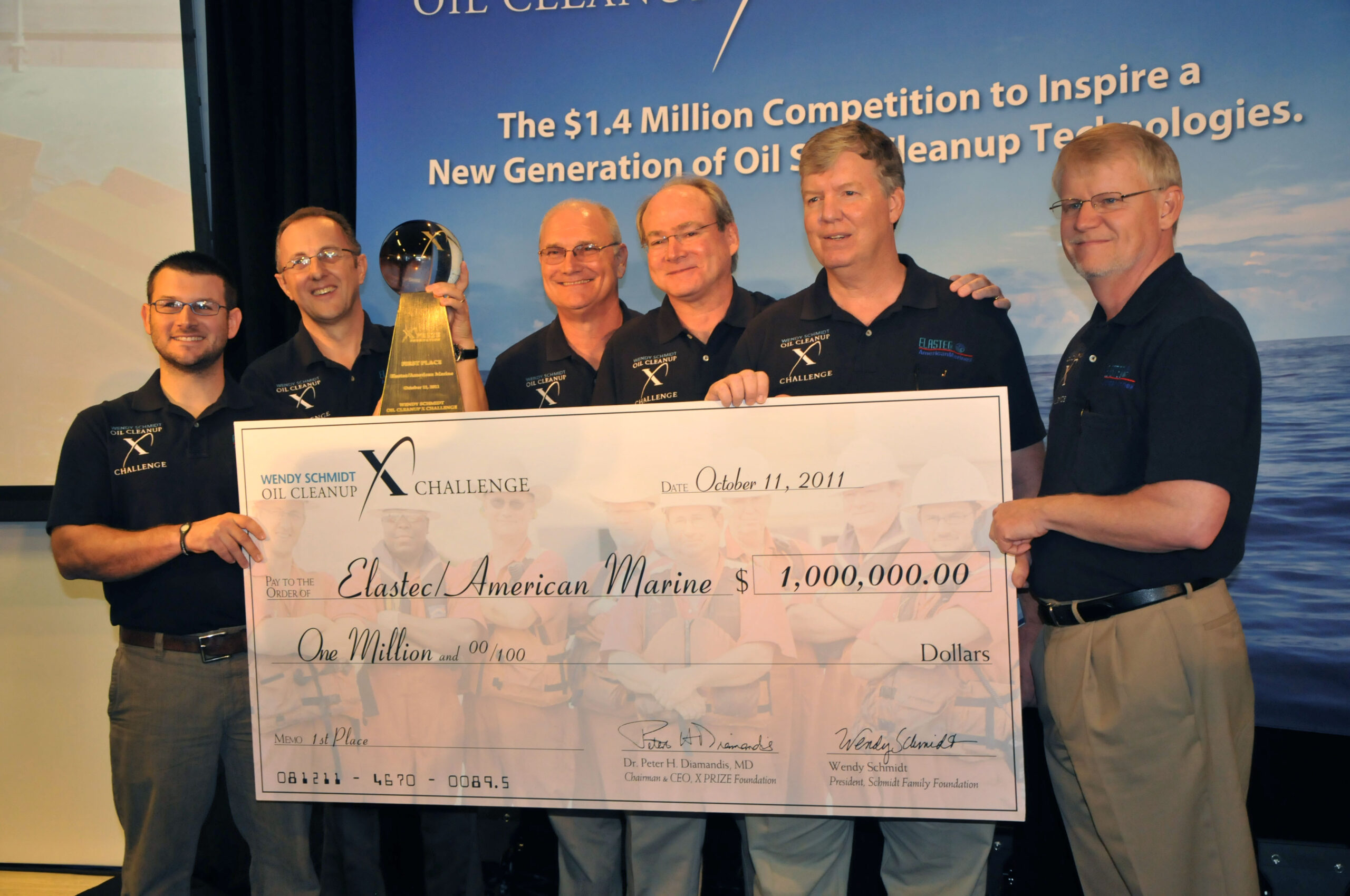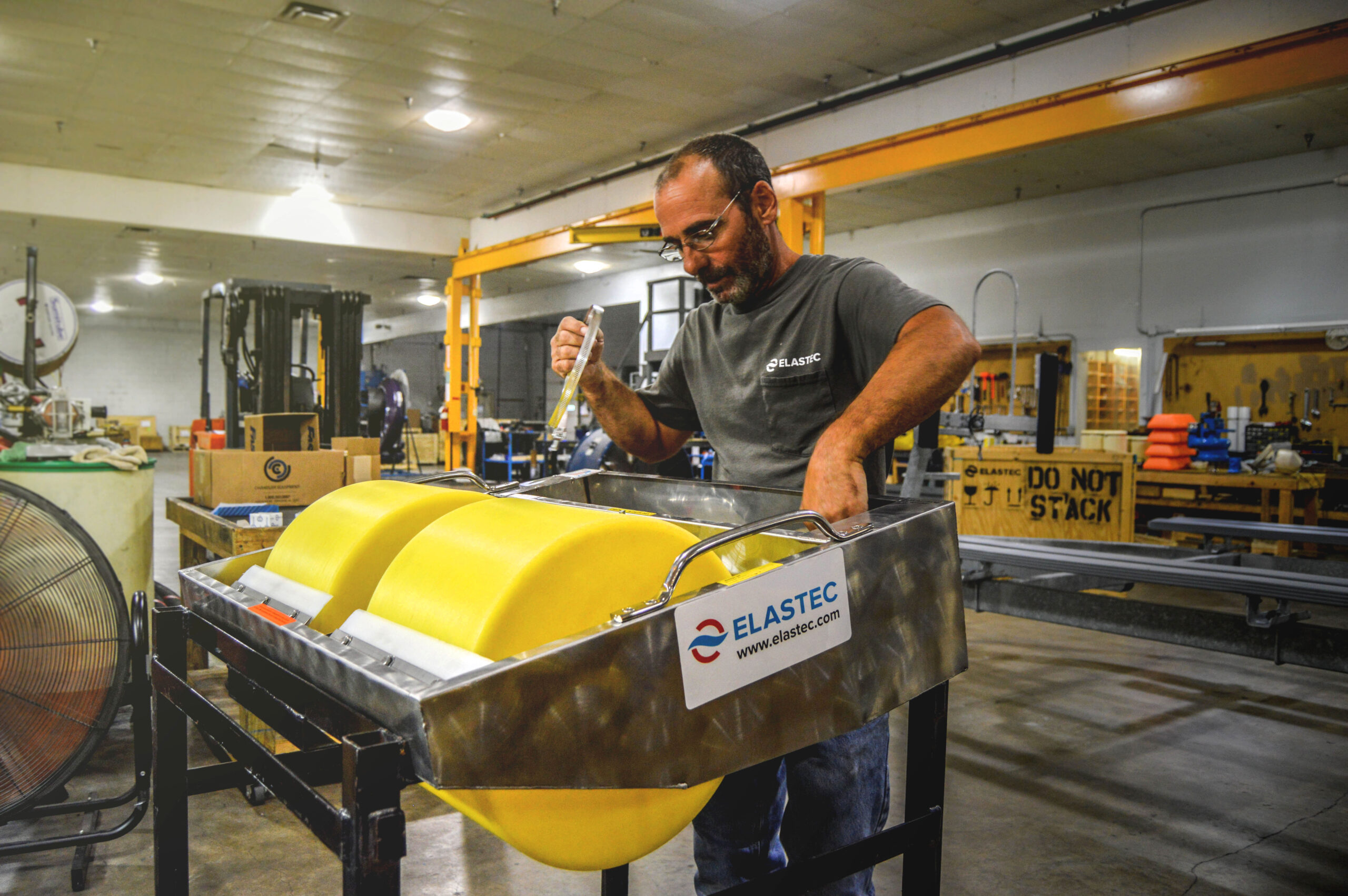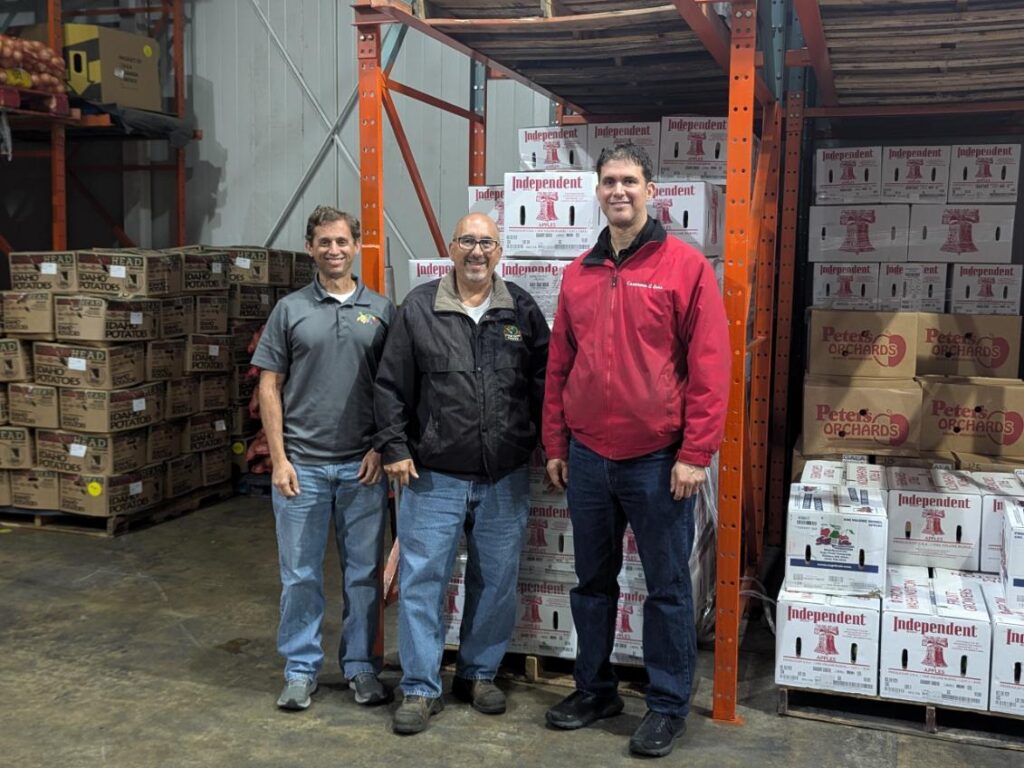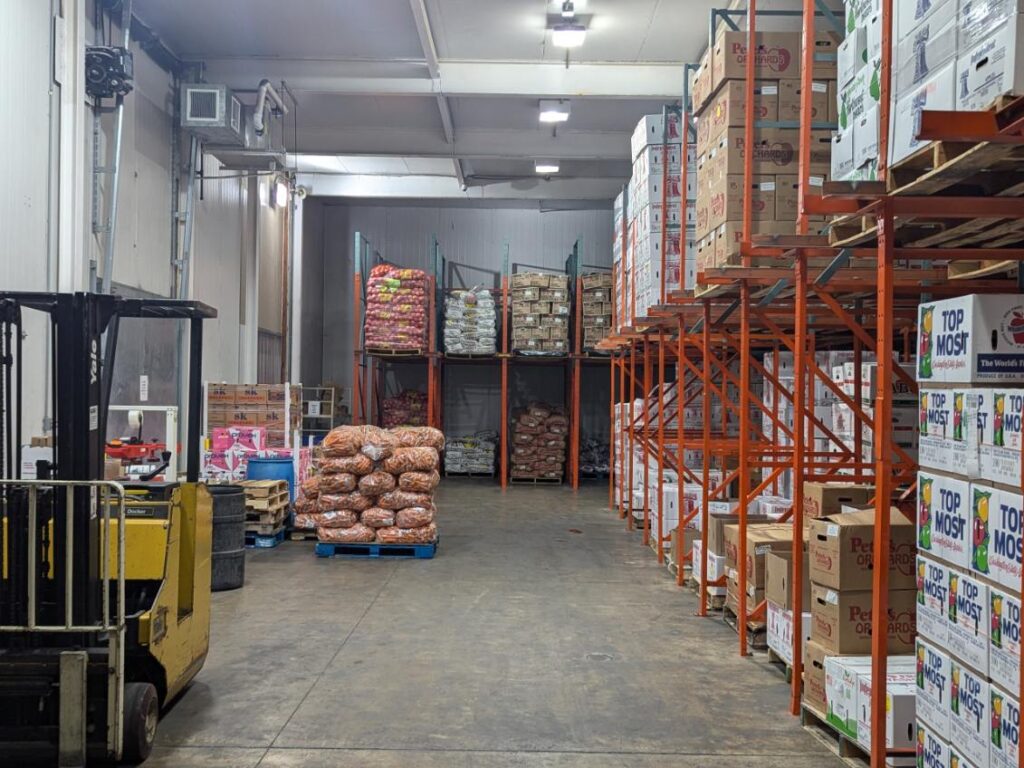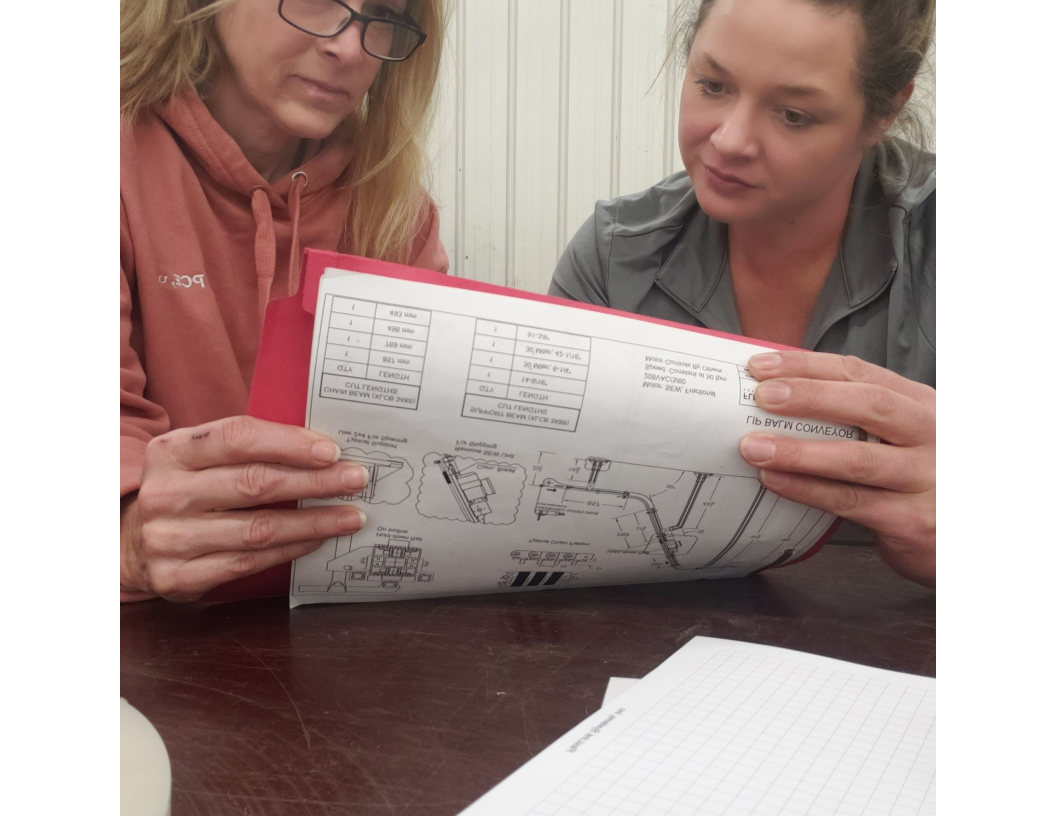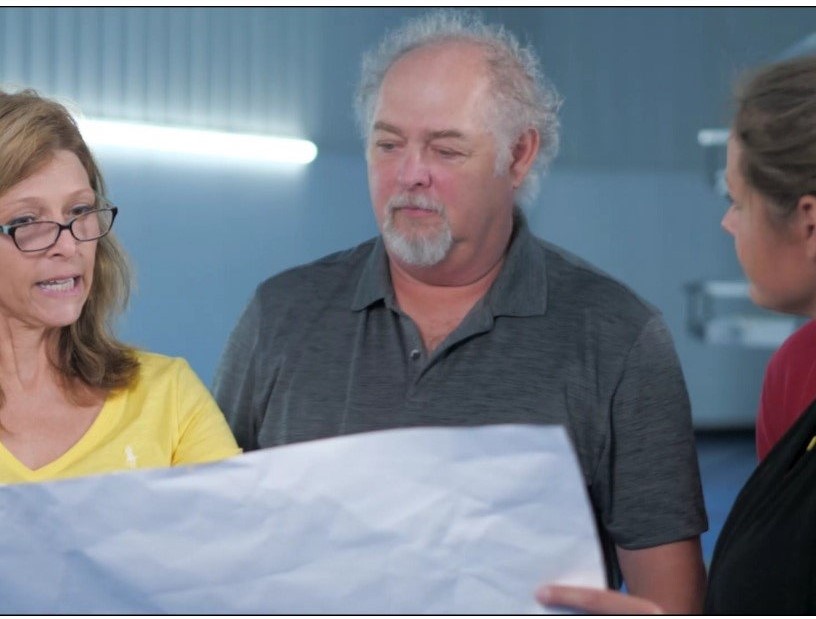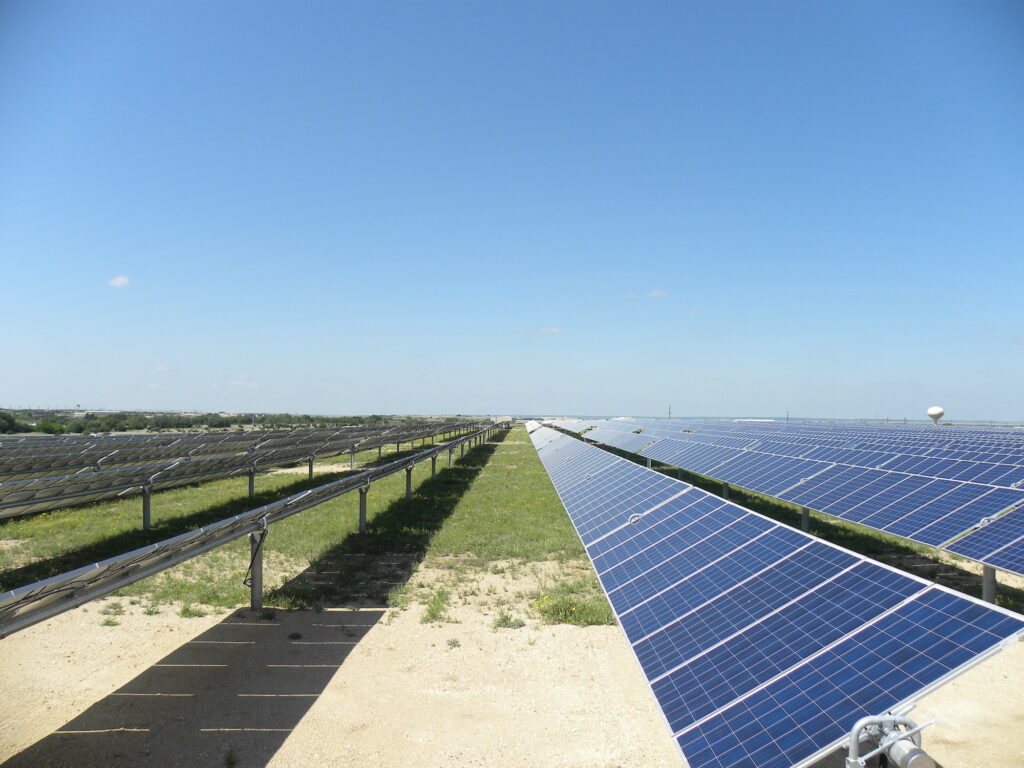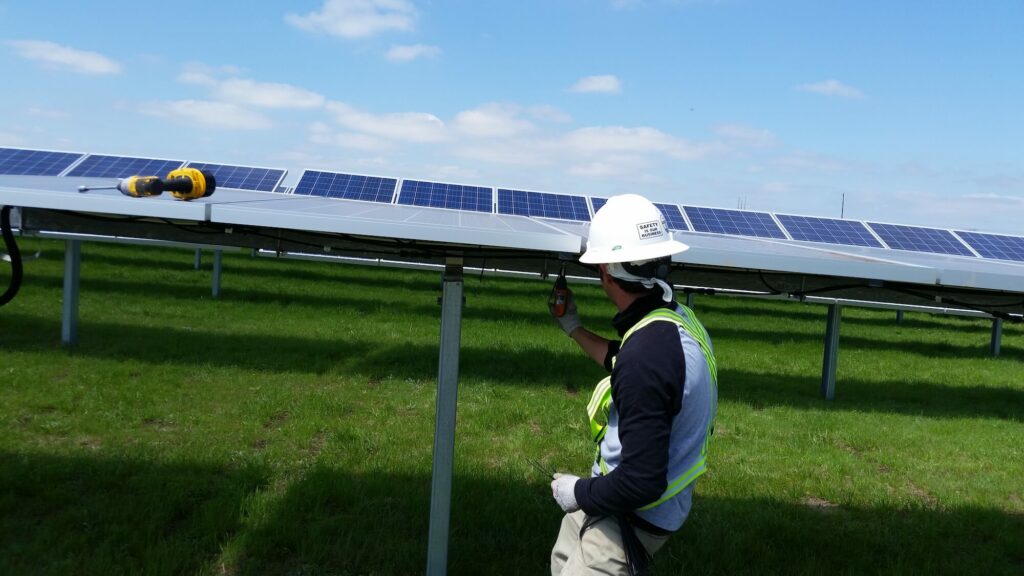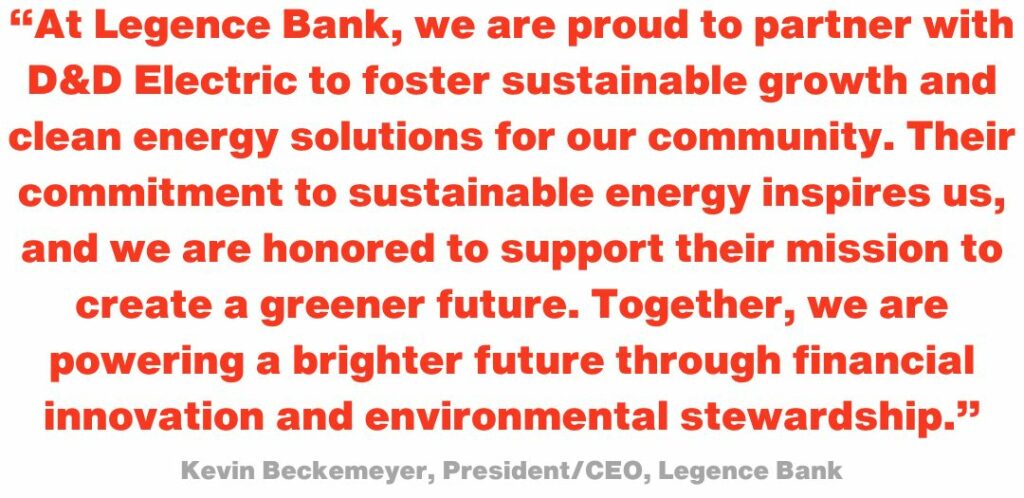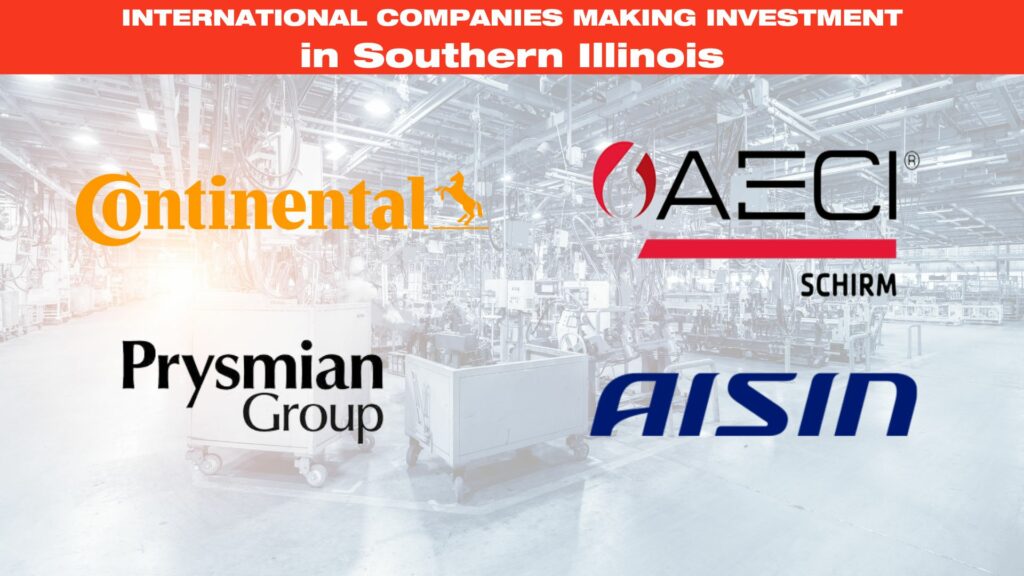Toni Federici
Going behind the veil took on a whole new meaning as we uncovered the enchanting world of Toni Federici based in Mt. Vernon, Illinois, where every delicate thread and intricate design whispered secrets of timeless beauty and unparalleled artistry. As we sat down with Toni, the overarching message that emerged was one of unwavering self-belief.
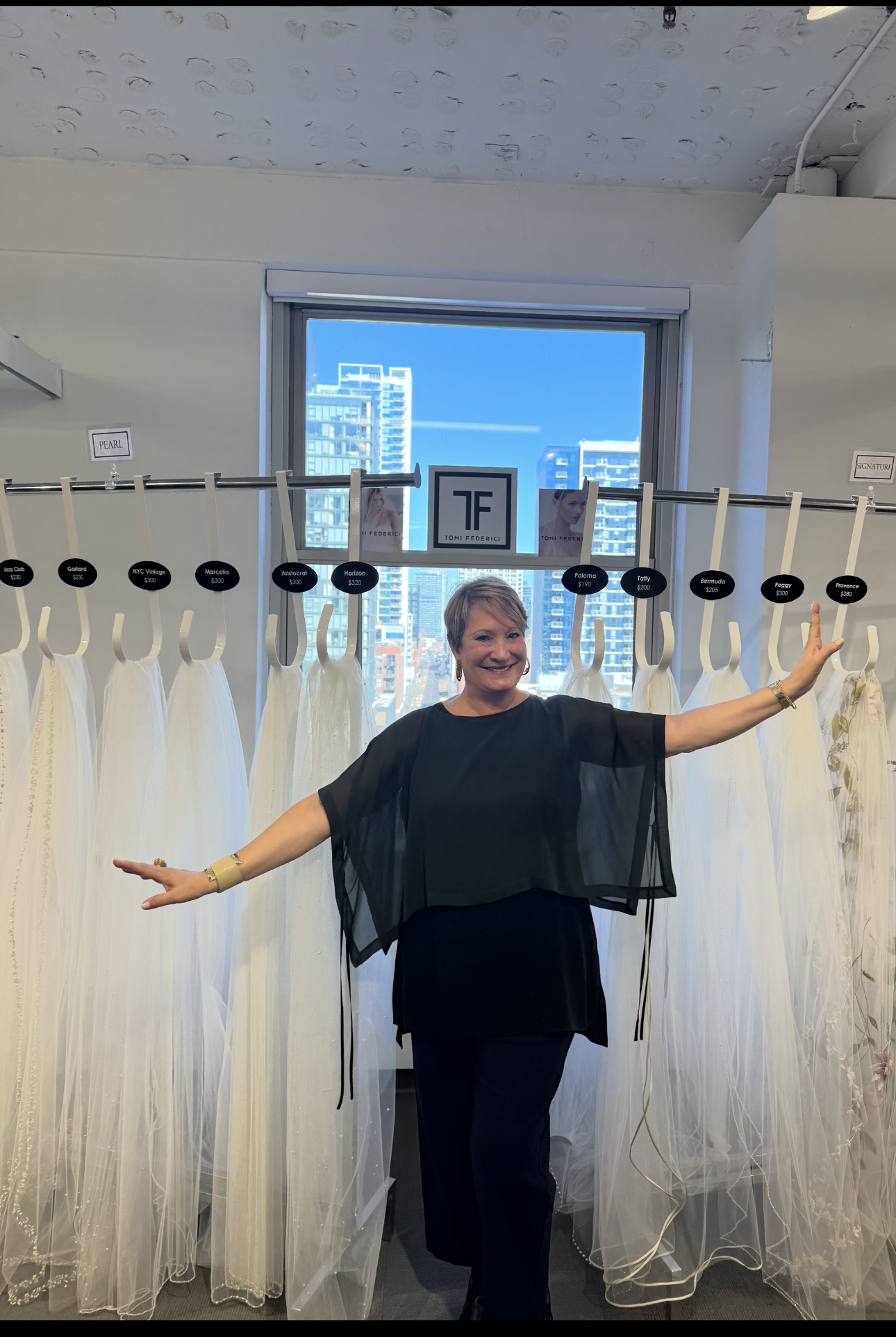
It all began in an apartment bedroom in a small 2,000-square-foot space managing only a few orders a day but as any growing business knows, “a plant can only grow so large in its vase”. The turning point came when a colleague, helping unload inventory from a cramped second-floor location told Toni, “You’re going to have to move soon, or you won’t be able to grow.”
Now, 35 years later, Toni Federici is in a new building, demand for their products have soared and they are preparing for an exciting milestone—the Chicago Bridal Market! Toni expresses, “It’s been a wild ride, but the key to our success lies in believing in ourselves and in the product, we create—a product that carries deep emotional connections with our clients, who are often planning one of the most important days of their lives.”
Entrepreneurship has always been in Toni’s blood. Growing up in a family business, she learned early on the value of hard work and believing in what you’re doing. “At every family dinner, the conversation centered on business, instilling in us a mindset that we would one day work for ourselves. And here we are, figuring it all out every day, one step at a time”, Toni says.
In the world of bridal fashion, Toni’s journey is a testament to the power of observation, creativity, and bold decision-making. What started as a need to make rent quickly by accepting a job in a bridal salon blossomed into her own career centered around making brides feel beautiful on their wedding day. The moment that changed everything was when she observed the emotional reaction that a veil could evoke. “When you add that little piece and see the room start to cry, it’s like magic,” Toni recalls.
Her journey was never about following the conventional path. In fact, it was her mother’s advice that pushed her to take risks. Toni combined her education in textiles with the street-smart confidence she had developed, and it wasn’t long before she was creating veils that not only fulfilled a market need but also told a unique story for each bride.
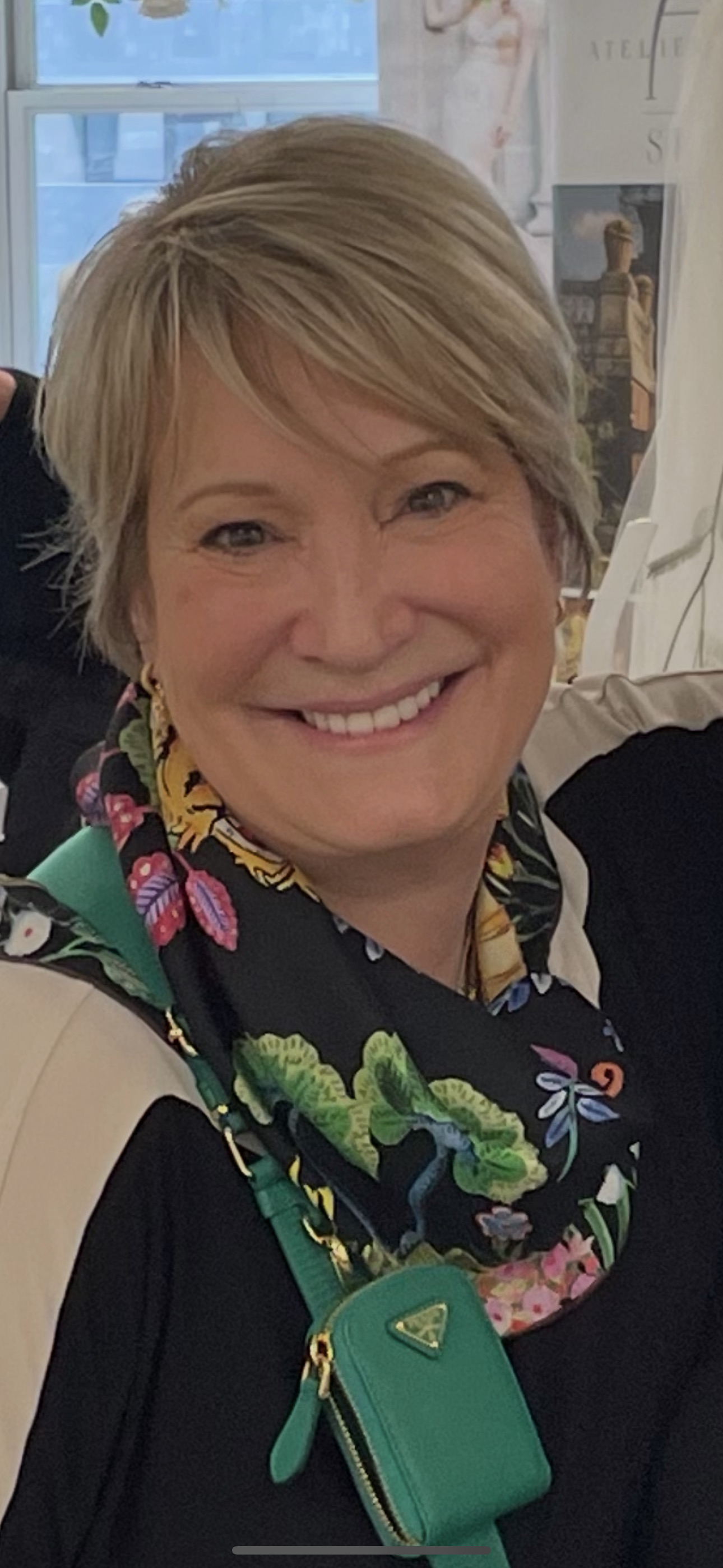
Toni’s early challenges were met with persistence, but her work caught the attention of brides and bridal consultants. Jilly Smith is Toni’s long-time collaborator and right-hand person. Toni recalls, “Jilly and I started working together 35 years ago. We weren’t just making veils; we were designing complete bridal looks. Jilly has been with me throughout this journey, and her support has been invaluable.”
As bridal trends continued to evolve, Toni and her team consistently stayed one step ahead—particularly when it came to reimagining color. The pandemic became a catalyst for bold innovation, prompting them to experiment with unconventional fabrics, textures, and hues. A breakthrough came with a veil that went viral: adorned with apricot-colored blooms and delicate green vines, it introduced a romantic yet unexpected twist to tradition. “We went from selling a few to 50 a week,” Toni recalls. That single piece didn’t just spark a sales surge—it signaled a shift in what brides were craving: originality, personality, and artistry. But Toni’s vision didn’t stop at design. In a move that redefined their connection to the industry, she and Jilly opted out of the traditional global bridal market circuit and took their collections straight to the stores. “We took the market to their doorstep,” Toni explains. Through this hands-on approach, her team now hosts more than 20 events each month, forging real relationships with consultants and ensuring their brand stays not just relevant—but unforgettable—in an ever-changing bridal landscape.
Another pivotal milestone came when Toni’s veils were sent to the legendary Kleinfeld Bridal in New York—a moment that opened the floodgates to orders from top bridal boutiques across the country. Her designs quickly gained iconic status, celebrated for their intricate lacework, sumptuous fabrics, and groundbreaking bustle techniques that blend function with artistry.
Her story is as fascinating as her designs. Toni’s journey into the bridal world started out of a simple desire to enhance the bride’s experience. “The bride was my canvas,” she explained. Toni credits much of her success to her 'fairy godmother,' Edna Forsyth, who guided her along the way. “I had no idea what I was doing at first,” she admitted. “But I knew the bride needed something more.”
Toni reflects on how far she’s come. What started in a small apartment with just a sewing machine and a vision has grown into a leading veil design company. “It was destiny,” she said, smiling. “It feels like the universe pushed me here. I’ve had so many people in my corner, and that’s what has helped me succeed.”
Whether designing for a bride in a luxurious silk dress or creating a custom veil for a celebrity, Toni Federici’s passion for bridal fashion and dedication to creating meaningful memories have made her a standout in the industry. With each new design, she continues to prove that the right veil is more than just an accessory—it’s a piece of art that captures a bride’s vision for her special day.
